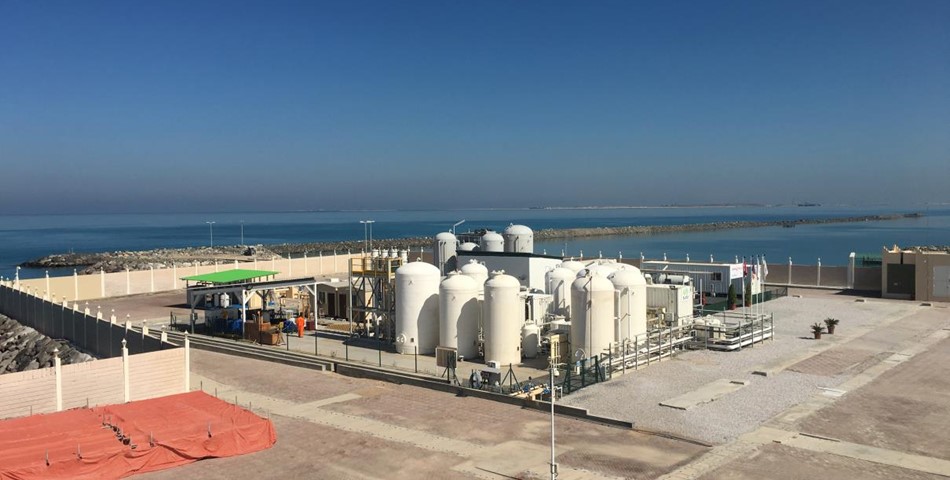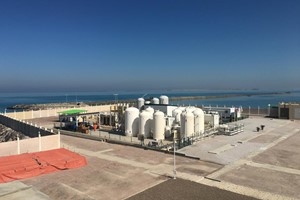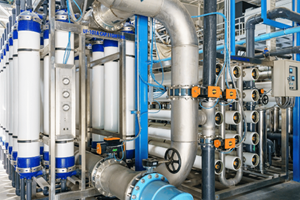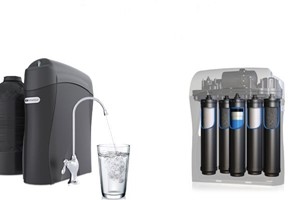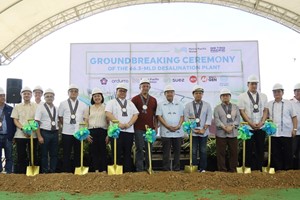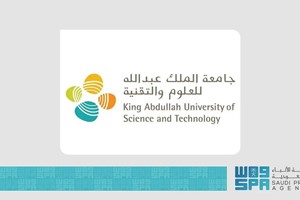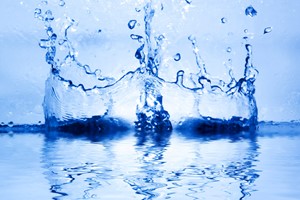The global desalination market has grown significantly in the past few years, with the largest plants coming on line in the Middle East. According to the 2016-2017 IDA Yearbook published by Global Water Intelligence, the period June 2015 to June 2016 saw an increase of 3.7 million m3/d of desalination capacity added globally.
Much of this added capacity came from a slew of awards for large-scale seawater projects, particularly in the Gulf region. Reverse osmosis (RO) is the single largest water desalination technology used all over the world. The reverse osmosis membrane market, in terms of value, is projected to reach USD5 billion by 2021, at a CAGR of 15.75 percent, between 2016 and 2021, states a recent Research and Markets report. High-growth application areas such as seawater desalination systems and RO purification systems and stringent regulations due to increased concerns over safe drinking water are the key factors driving the growth of the RO market.
Conventional energy sources for desalination
While most of the GCC countries rely on seawater desalination to produce potable and industrially usable water, the process is energy-intensive. Desalination in the GCC, which is predominantly fuelled by oil, has been increasing the region's energy demand. According to Masdar, it is estimated that the currently installed and operational desalination plants worldwide emit around 76 million tons of CO2 per year. Meanwhile, desalination is set to grow at a fast rate in the near future. As a consequence, desalination plants' thirst for energy is set to grow significantly. Masdar asserts that emissions are expected to grow to around 218 million ton of CO2 per year by 2040 if no actions are undertaken. Given the ever-increasing water demand and associated energy use, the MENA region comprehends that relying on conventional energy for desalination is not a sustainable approach.
A sustainable approach


The pressing need to develop a new methodology that addresses water and energy use in an integrated and proactive way lead to the launch of the Global Clean Water Desalination Alliance (GCWDA) in December 2015. The GCWDA - H20 minus CO2, which was launched by Masdar, the French government and the International Desalination Association during COP21, is one of the few climate initiatives dealing with the water-energy nexus and climate change. The Alliance's goal is to seek solutions that will substantially reduce the projected increase in CO2 emissions from the desalination process. The Alliance's action plan could see a decrease in emissions from 50MTCO2 up to as much as 270MTCO2 per year by 2040. In total, 141 members from various countries around the world have pledged support to the Alliance during the past year.
Pilot program shows encouraging results
Today, renewable energy-based desalination offers a great opportunity to help decrease CO2 emissions. According to the International Renewable Energy Agency (IRENA), the GCC region is well endowed with renewable energy resources with an abundance of solar irradiation in particular. As a matter of fact, an innovative renewable energy desalination pilot program, which was announced in January 2013, completed one year of operations in November 2016. Based in Ghantoot, Abu Dhabi, the program started with four small-scale desalination plants testing innovative energy-efficient desalination technologies; a fifth was launched in October last year, run by the French engineering company Mascara.
"The Mascara project uses reverse osmosis technology and is a showcase of an off-grid solution," said Dr. Alexander Ritschel, Head of Applications Development at Masdar's Clean Energy division. "It can be operated independently, off-grid; it's a 100 percent photovoltaics-powered desalination system. It also works without batteries and chemicals, so it's a solution for remote locations." Mascara's new plant produces 30 cubic meters of desalinated seawater per day, bringing the combined daily output of all five pilot plants in Ghantoot, Abu Dhabi to 1,500 cubic meters.
The other partners in the program are Abengoa, Suez, Sidem (Veolia) and Trevi Systems. "The results of our pilot program after one year are very encouraging; performance in terms of reliability has been very high," added Dr. Ritschel. "The program is preparing the ground for the transition expected to take place over the next decade from integrated water-and-power-generation plants to standalone, membrane-based desalination facilities powered only by electricity." According to Masdar, this program could pave the way for the commercial adoption of seawater desalination powered by clean energy.



